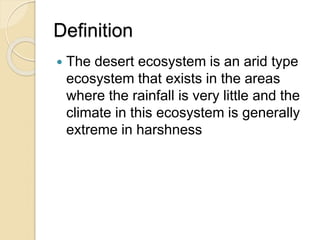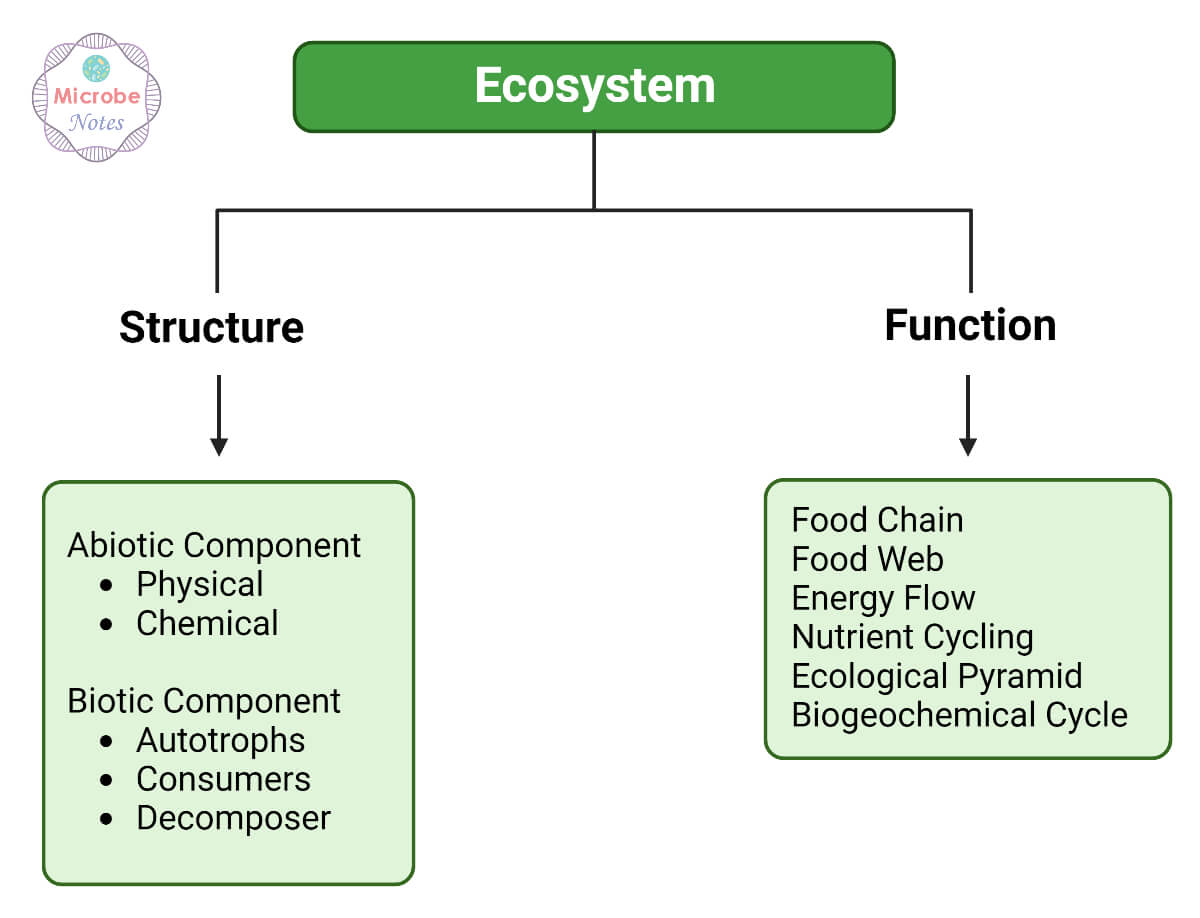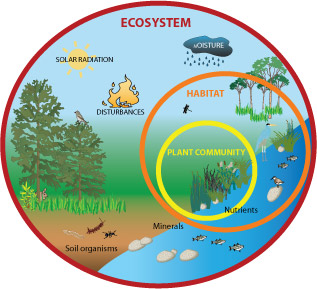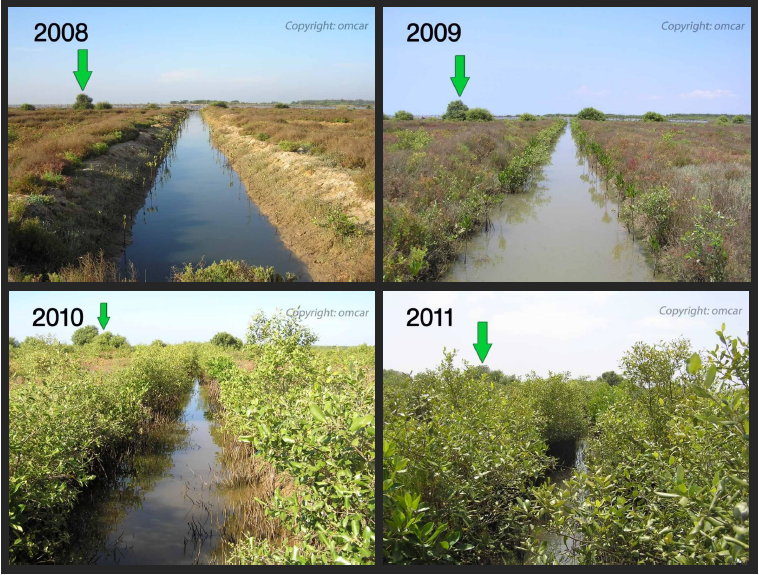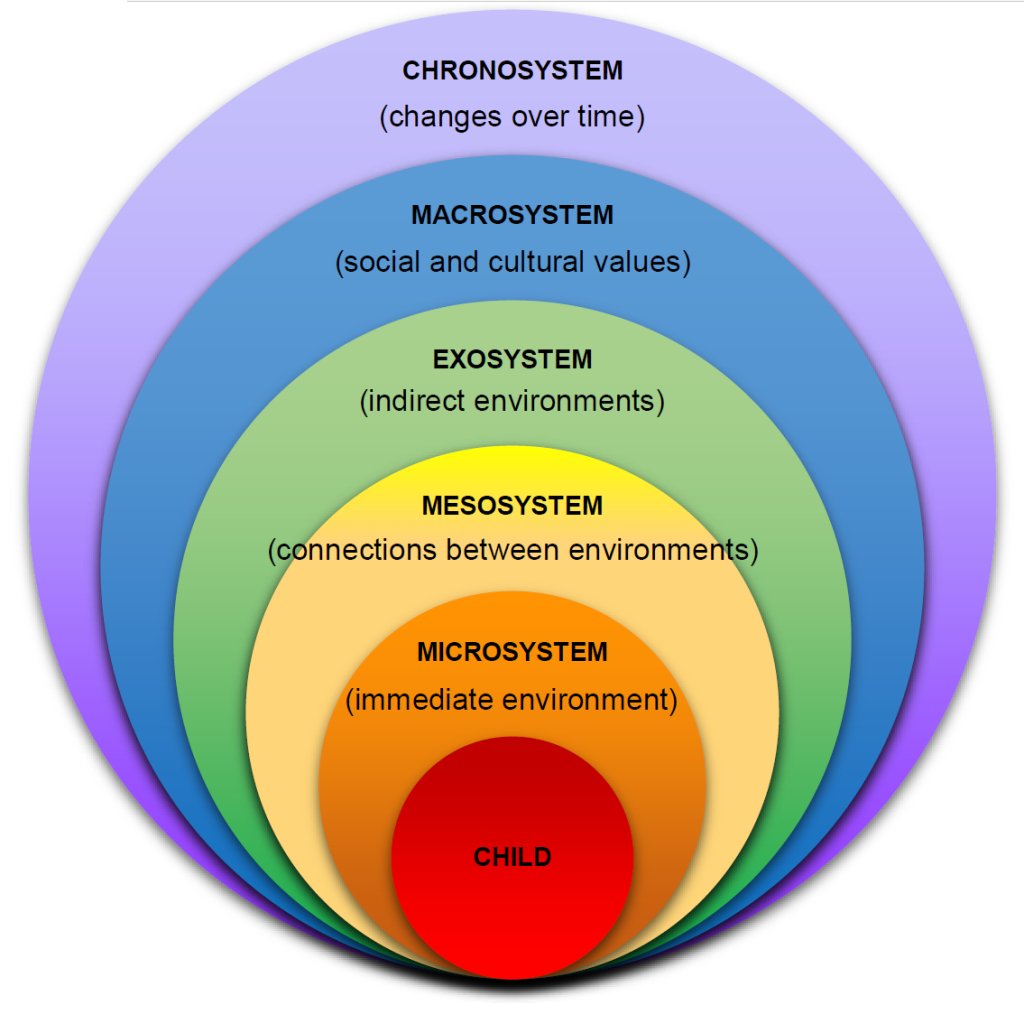Topic define ecosystem services: Discover the essence of ecosystem services, the unseen forces that sustain life and prosperity on our planet, enriching our existence.
Table of Content
- What are some examples of provisioning services provided by ecosystems?
- Understanding Ecosystem Services
- Categories of Ecosystem Services
- Provisioning Services
- Regulating Services
- Cultural Services
- YOUTUBE: What are ecosystem services
- Supporting Services
- Importance of Ecosystem Services to Humanity
- Challenges and Threats to Ecosystem Services
- Conservation and Sustainable Management of Ecosystem Services
- Future Directions in Ecosystem Services Research
What are some examples of provisioning services provided by ecosystems?
Provisioning services are essential benefits that ecosystems provide to humans by producing or making available resources. Some examples of provisioning services provided by ecosystems include:
- Food: Ecosystems produce a variety of food sources such as fruits, vegetables, grains, meat, and fish that are essential for human consumption.
- Water: Ecosystems play a crucial role in maintaining water quality and regulating water flow, providing freshwater resources for human consumption, agriculture, and industrial use.
- Medicinal Plants: Many ecosystems harbor plants with medicinal properties that are used in traditional and modern medicine for healing purposes.
- Raw Materials: Ecosystems serve as sources of raw materials such as timber, fibers, oils, and minerals that are used in various industries.
- Genetic Resources: Ecosystems host a diverse array of plant and animal species, contributing to genetic diversity that can be utilized for breeding programs and biotechnological advancements.
READ MORE:
Understanding Ecosystem Services
Ecosystem services are the vast array of benefits that humans freely gain from the natural environment and from properly-functioning ecosystems. Such services encompass everything from clean water and air, food, and raw materials to climate regulation and flood protection.
- Provisioning Services: These include the products obtained from ecosystems, such as food, water, timber, and fiber.
- Regulating Services: Ecosystems regulate climate, floods, diseases, wastes, and water quality. For example, forests absorb carbon dioxide, a greenhouse gas, and wetlands filter pollutants from water.
- Cultural Services: These are the non-material benefits people obtain from ecosystems through spiritual enrichment, cognitive development, reflection, recreation, and aesthetic experiences.
- Supporting Services: These services are necessary for the production of all other ecosystem services, such as soil formation, nutrient cycling, and primary production.
The concept of ecosystem services has been recognized since at least the 1970s, with increasing attention in recent decades. This perspective helps in understanding how ecosystems contribute to human welfare and the importance of conserving and restoring natural habitats to ensure the sustainability of these services.
Regulating services like water purification, air quality maintenance, carbon sequestration, and climate regulation are essential for maintaining the balance of our environment. For instance, wetlands play a crucial role in treating wastewater naturally, while forests and their trees are pivotal in air quality improvement and climate regulation by storing carbon. Moreover, ecosystems can mitigate extreme weather events, with mangroves reducing the impact of tsunamis, showcasing the critical nature of maintaining diverse and healthy ecosystems for the planet"s future and humanity"s well-being.
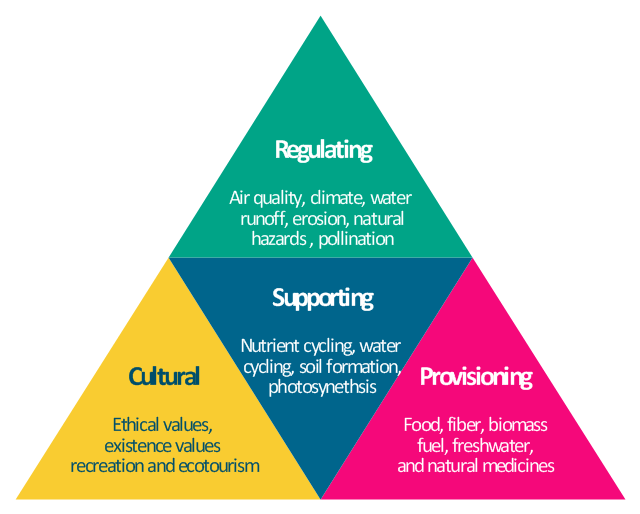
Categories of Ecosystem Services
Ecosystem services are the benefits provided by ecosystems to humans, which are fundamental to our survival and quality of life. These services are categorized into four main types:
- Provisioning Services: These are the products obtained from ecosystems, including food, fresh water, wood, fiber, genetic resources, and medicines. They are directly consumable or usable materials provided by nature.
- Regulating Services: These services include the regulation of climate, floods, disease, wastes, and water quality as well as the pollination of crops and natural pest control. They help maintain the environment in which we live to be stable and habitable.
- Cultural Services: Non-material benefits obtained from ecosystems through spiritual enrichment, cognitive development, reflection, recreation, and aesthetic experiences. This category includes cultural diversity, spiritual and historical sites, and recreational experiences (like hiking, birdwatching, and outdoor sports).
- Supporting Services: These are services that are necessary for the production of all other ecosystem services, including soil formation, photosynthesis, nutrient cycling, and the water cycle. They underpin the provision of provisioning, regulating, and cultural services, making life on Earth possible.
The recognition and conservation of these ecosystem services are crucial for sustainable management and for ensuring that future generations can also benefit from the richness and support of our natural environment.
Provisioning Services
Provisioning services are the products provided by ecosystems that humans use for their survival and economic prosperity. These services encompass a wide range of tangible resources that nature supplies, which are essential for human well-being, economic activities, and cultural significance. Below are key types of provisioning services offered by natural ecosystems:
- Food: This includes the vast array of edible resources like fruits, vegetables, grains, livestock, fish, and other sea foods that are foundational to human nutrition and culinary traditions around the world.
- Water: Freshwater systems provide water for drinking, irrigation, sanitation, and industrial processes. Clean and accessible water is critical for survival and is a core component of global health and prosperity.
- Raw Materials: Ecosystems supply raw materials used for construction, clothing, tools, and crafts. This includes timber, bamboo, fibers, resins, and other materials that are integral to building homes, manufacturing goods, and supporting livelihoods.
- Medicinal Resources: Many plants and animals provide compounds used in traditional and modern medicines. Natural ecosystems are a source of pharmaceuticals and herbal medicines that treat a wide range of ailments and diseases.
- Energy Resources: Ecosystems contribute to energy supplies in various forms, such as biomass used for fuel (wood, biofuels), and even the potential for renewable energy sources like wind and hydroelectric power that are influenced by geographical and ecological factors.
- Genetic Resources: Biodiversity provides genetic materials important for crop and livestock breeding, improving agricultural resilience, and developing new medical treatments through biotechnological research.
The sustainable management and conservation of provisioning services are crucial to ensure that these resources remain available for future generations. Practices like sustainable agriculture, responsible forestry, and the protection of natural habitats are integral to maintaining the balance and health of ecosystems that provide these essential services.

Regulating Services
Regulating services are critical ecological functions performed by ecosystems that help maintain the environmental conditions necessary for human survival and well-being. These natural processes regulate the climate, purify air and water, pollinate plants, and control pests, among other functions. By doing so, they not only sustain biodiversity but also support and enhance human life. Here are some of the key regulating services provided by ecosystems:
- Climate Regulation: Forests, oceans, and wetlands play a crucial role in regulating the Earth"s climate by absorbing carbon dioxide and releasing oxygen, contributing to global temperature stability and weather pattern regulation.
- Air Quality Maintenance: Ecosystems like forests and wetlands filter pollutants from the air, improving air quality by trapping dust, ash, pollen, and smoke through their leaves and soil.
- Water Purification: Natural habitats filter pollutants from water through physical, chemical, and biological processes, ensuring the provision of clean water for drinking, agriculture, and recreation.
- Flood Regulation: Wetlands, forests, and floodplains absorb excess rainfall and release it slowly, reducing the severity of floods and mitigating damage to human settlements and agriculture.
- Disease Regulation: Healthy ecosystems can control the populations of disease vectors such as mosquitoes and rats, thereby reducing the incidence of diseases like malaria and hantavirus.
- Pollination: Insects, birds, and bats are crucial for the pollination of many crops and wild plants, ensuring food production and the maintenance of biodiversity.
- Pest Control: Natural predators and parasites help control agricultural pests, reducing the need for chemical pesticides and supporting sustainable farming practices.
The preservation of regulating services is vital for environmental sustainability and human health. Strategies such as protecting natural habitats, restoring degraded ecosystems, and implementing green infrastructure in urban areas are essential for maintaining the balance and functionality of these services.
Cultural Services
Cultural services are the non-material benefits people obtain from ecosystems through spiritual enrichment, cognitive development, recreation, and aesthetic experiences. These services are crucial for cultural identity, heritage, and enjoyment, connecting humans deeply with nature. Cultural services include:
- Recreational Experiences: Natural landscapes and water bodies provide spaces for leisure activities, such as hiking, camping, fishing, and bird-watching, that contribute to physical health and mental well-being.
- Eco-tourism: Protected areas and unique natural landscapes attract tourists, offering opportunities for adventure and wildlife observation, which in turn can promote conservation and provide economic benefits to local communities.
- Aesthetic Appreciation: The beauty of nature in the form of majestic landscapes, vibrant ecosystems, and diverse species enriches human life, inspiring art, folklore, and personal reflection.
- Spiritual and Religious Values: Many cultures attribute spiritual and religious significance to natural features like rivers, mountains, and forests, which play a central role in their belief systems and practices.
- Educational Values: Nature serves as a living classroom that offers endless opportunities for learning and cognitive development, from formal educational programs to informal learning about biodiversity and ecosystems.
- Cultural Heritage and Identity: Natural environments are often integral to cultural histories and narratives, shaping community identities and preserving traditional knowledge and practices.
The protection and promotion of cultural services are essential for maintaining the diversity of human cultures and the personal and social benefits they provide. Encouraging sustainable tourism, preserving natural and cultural heritage sites, and fostering a sense of stewardship towards the environment are important for the continuity of these services.
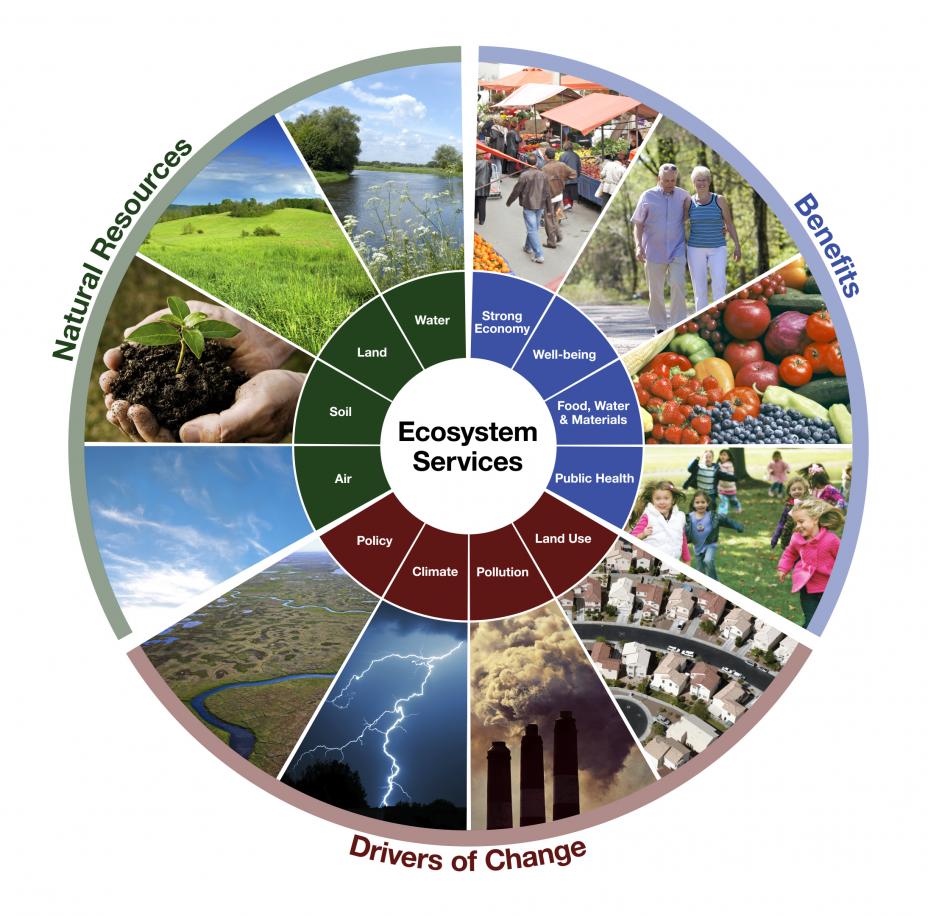
What are ecosystem services
Biodiversity: Dive into the mesmerizing world of biodiversity and witness the incredible variety of life forms that exist on our planet. Discover the beauty of nature\'s diversity and the importance of preserving it for future generations. Conservation: Embark on a journey of conservation efforts around the globe and learn about the inspiring initiatives aimed at protecting our environment and wildlife. Be amazed by the power of conservation in safeguarding our planet\'s precious resources.
Supporting Services
Supporting services are fundamental ecological processes that maintain the conditions for life on Earth. These services underlie the production of all other ecosystem services, making them essential for the functioning of the Earth"s ecosystems. They include:
- Soil Formation: The process by which organic and inorganic materials are broken down to form soil, which provides the necessary nutrients for plant growth and supports diverse terrestrial ecosystems.
- Photosynthesis: The process by which plants, algae, and some bacteria convert light energy into chemical energy, producing oxygen and organic compounds that are the basis for most of the food on Earth.
- Nutrient Cycling: The movement and exchange of organic and inorganic matter back into the production of living matter. This includes the carbon, nitrogen, phosphorus, and water cycles, among others, that replenish ecosystems with the elements essential for life.
- Water Cycling: The continuous movement of water on, above, and below the surface of the Earth, which plays a key role in climate regulation, provides fresh water for life, and shapes terrestrial landscapes.
- Primary Production: The creation of organic compounds from carbon dioxide through photosynthesis. This is the foundation of the food chain and supports the energy needs of virtually all ecosystems.
- Pollination: Although often classified under regulating or cultural services, pollination is also a supporting service because it is essential for the reproduction of a wide range of plant species, which in turn supports ecosystems and food production.
The conservation of supporting services is crucial for the sustainability of our planet"s ecosystems and the continued provision of all ecosystem services. Efforts to protect natural habitats, restore degraded lands, and understand the complex interactions within ecosystems are vital to preserving these foundational processes.
Ecosystem services
Importance of Ecosystem Services to Humanity
The importance of ecosystem services to humanity cannot be overstated. These natural services are vital for our survival, health, and prosperity. They contribute to our well-being in numerous, often invisible ways, and are fundamental to the economy and to the sustainability of our planet. Here are some of the key reasons why ecosystem services are so important:
- Support for Basic Needs: Ecosystem services provide the essentials of life, including clean air, fresh water, food, and raw materials. Without these services, life as we know it would not be possible.
- Health and Well-being: Beyond basic survival needs, ecosystem services contribute to human health and well-being through the purification of air and water, the provision of medicinal resources, and spaces for recreation and relaxation that improve mental health.
- Economic Benefits: Many industries, including agriculture, forestry, fisheries, and tourism, directly rely on ecosystem services. The economic value of these services is immense, contributing trillions of dollars to the global economy annually.
- Climate Regulation: Ecosystems play a crucial role in regulating the Earth’s climate. Forests, oceans, and wetlands act as carbon sinks, reducing the impacts of climate change by absorbing CO2 from the atmosphere.
- Biodiversity Conservation: Ecosystem services are closely linked to biodiversity. The variety of life forms contributes to the resilience of ecosystems and their ability to provide services.
- Cultural and Recreational Value: Natural landscapes and biodiversity hold immense cultural significance and provide opportunities for recreation, spiritual enrichment, and tourism, contributing to human happiness and societal well-being.
- Disaster Risk Reduction: Healthy ecosystems such as wetlands and forests mitigate natural disasters, reducing the impact of floods, landslides, and hurricanes, and thus protecting human settlements and lives.
The protection and sustainable management of ecosystem services are imperative for the continued support they provide to humanity. Recognizing their value and integrating ecosystem conservation into policy and planning is essential for ensuring a sustainable future for all.
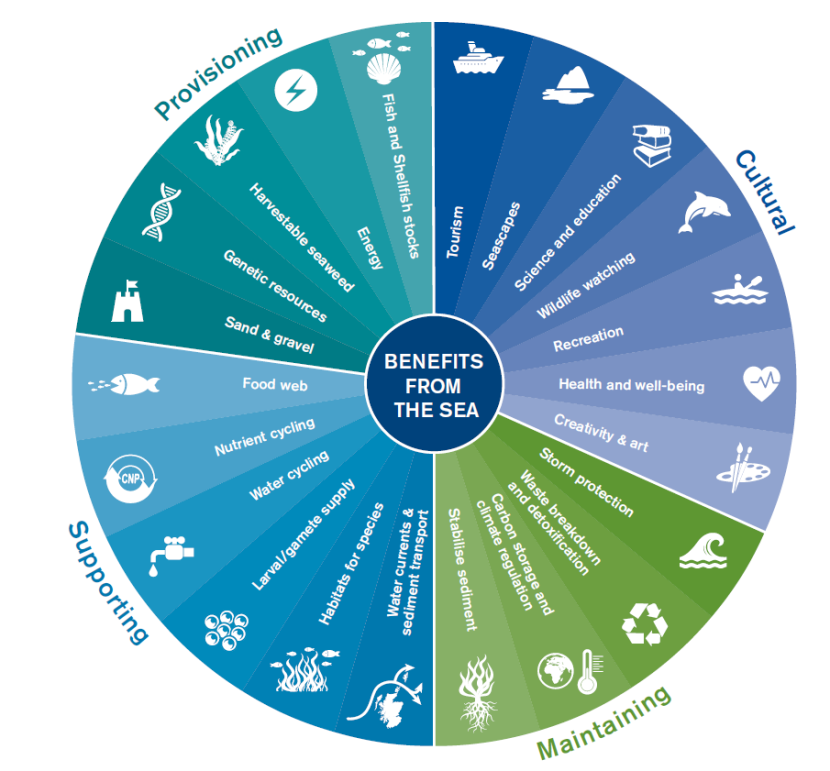
Challenges and Threats to Ecosystem Services
Ecosystem services face numerous challenges and threats that can diminish their capacity to support human and ecological well-being. These challenges are often interconnected, amplifying their effects and making solutions more complex. Understanding these threats is crucial for developing effective conservation and management strategies. Key challenges include:
- Habitat Destruction and Fragmentation: The conversion of natural landscapes into urban areas, agriculture, and industrial sites reduces the availability of habitats for many species and disrupts the natural processes that provide ecosystem services.
- Climate Change: Rising temperatures, altered precipitation patterns, and increased frequency of extreme weather events threaten the balance of ecosystems, affecting their ability to deliver services such as climate regulation, flood control, and pollination.
- Pollution: Air, water, and soil pollution from industrial activities, agriculture, and urban runoff can degrade ecosystems, making them less resilient and reducing their capacity to provide clean water, air, and other services.
- Overexploitation of Resources: Unsustainable fishing, logging, mining, and harvesting practices deplete natural resources faster than they can regenerate, leading to a loss of biodiversity and ecosystem services.
- Invasive Species: Non-native species can outcompete native species, disrupt ecosystems, and lead to a decrease in biodiversity, which in turn affects the provision of ecosystem services.
- Land Use Changes: The alteration of land use, including deforestation, desertification, and urban sprawl, can lead to the loss of ecosystem services, such as soil fertility, water regulation, and carbon sequestration.
Addressing these challenges requires a concerted effort from governments, communities, and individuals. Strategies such as promoting sustainable land use practices, enhancing conservation efforts, and mitigating climate change impacts are essential for protecting and restoring ecosystem services for future generations.
Conservation and Sustainable Management of Ecosystem Services
Conservation and sustainable management of ecosystem services are crucial for maintaining the balance and health of our natural environments. These practices involve various strategies and actions aimed at preserving ecosystem services while ensuring their continued provision for future generations. The following are key components in this effort:
- Protected Areas: Establishing and effectively managing protected areas such as national parks, wildlife reserves, and marine sanctuaries to safeguard biodiversity and ecosystem services.
- Restoration Projects: Implementing ecosystem restoration projects to rehabilitate degraded areas, enhancing their capacity to provide essential services.
- Sustainable Practices: Promoting sustainable agricultural, forestry, and fishing practices to reduce environmental impacts and maintain the natural productivity of ecosystems.
- Policy and Legislation: Developing and enforcing policies and laws that encourage the conservation of ecosystems and the sustainable use of natural resources.
- Community Involvement: Engaging local communities in conservation efforts, recognizing their traditional knowledge and vested interest in the health of their surrounding environments.
- Economic Incentives: Implementing economic incentives such as payments for ecosystem services (PES), which compensate individuals or communities for actions that directly benefit the environment.
- Research and Monitoring: Conducting ongoing research and monitoring to understand ecosystem dynamics, the impact of human activities, and the effectiveness of conservation measures.
- Climate Change Mitigation: Addressing climate change through mitigation efforts such as carbon sequestration projects and adaptation strategies to reduce vulnerability.
By embracing these strategies, we can ensure the preservation and sustainable management of ecosystem services, securing their invaluable benefits for present and future generations.

READ MORE:
Future Directions in Ecosystem Services Research
The future of ecosystem services research is geared towards addressing the complex challenges posed by global environmental changes and the growing demands on natural resources. To advance our understanding and management of ecosystem services, research in the following areas is critical:
- Integrated Assessment Models: Developing and refining integrated assessment models that can better predict how changes in ecosystems affect their ability to provide services, taking into account social, economic, and environmental factors.
- Valuation Techniques: Enhancing methods for the valuation of ecosystem services, including non-market and cultural services, to better inform policy and decision-making processes.
- Technology and Innovation: Leveraging technology and innovation to improve monitoring and management of ecosystems, such as through remote sensing, data analytics, and artificial intelligence.
- Interdisciplinary Research: Promoting interdisciplinary research that bridges the gap between ecological science, economics, sociology, and other disciplines to provide a holistic understanding of ecosystems and their services.
- Climate Change Impacts: Focusing on understanding the impacts of climate change on ecosystem services and developing strategies to mitigate and adapt to these changes.
- Policy Integration: Working towards the integration of ecosystem services concepts into broader policy frameworks, including land use planning, urban development, and climate policies.
- Stakeholder Engagement: Enhancing stakeholder engagement and participatory approaches in ecosystem services research to include the perspectives and knowledge of local communities, indigenous peoples, and other stakeholders.
- Global Partnerships: Fostering global partnerships and collaborations to address transboundary ecosystem challenges and share knowledge and best practices across regions.
By focusing on these key areas, ecosystem services research can contribute to more sustainable and equitable management of natural resources, ensuring the resilience and well-being of both ecosystems and human societies.
Unlocking the secrets of ecosystem services reveals a path to sustainability, fostering a harmonious relationship between humanity and nature for generations to come.


